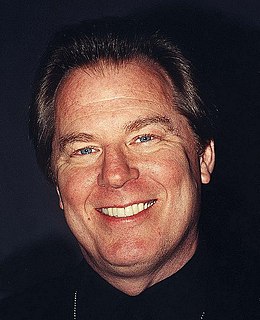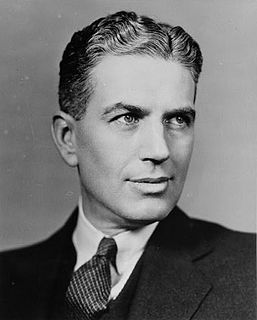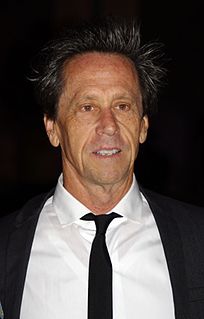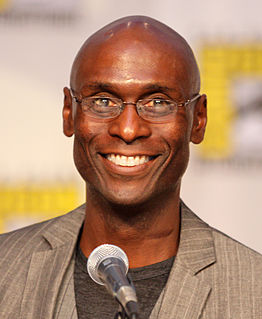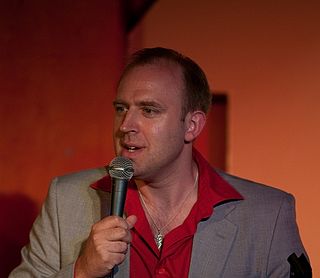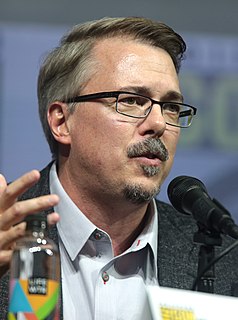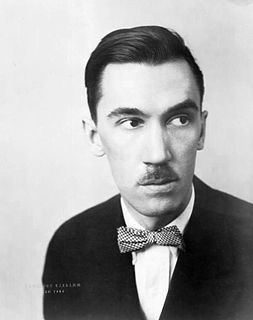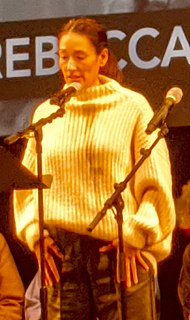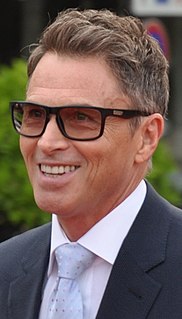A Quote by Michael McKean
I was working with Bryan Cranston in 'All the Way.' We were about to make an entrance together - I was Hoover, he was LBJ - and he says to me, 'You should play the brother in 'Better Call Saul.' I was like 'What?' and it was time to go on. I'm doing the scene, and I can't think of what Hoover's supposed to say.
Related Quotes
I just kind of had my own impressions growing up with Hoover as a heroic figure in the 40s - actually the 30s, 40s, and 50s and beyond - but this was all prior to the information age so we didn't know about Hoover except what was usually in the papers, and this was fun, because this was a chance to go into it [ during filming 'J. Edgar Hoover' ]
We're interested in complex characters and he's a complex character, [J. Edgar] Hoover. I like these types of dramas. I've made a few of them and I'm also interested in power structures so it just has elements that fascinate me, and the more you learn about Hoover, the more polarizing you realize he is.
We shot 'Breaking Bad' on film; we capture 'Better Call Saul' digitally. In the shooting of 'Breaking Bad,' we would have this steady, handheld, cinema verite sort of look, so we purposely went the opposite way with 'Better Call Saul' - locked in the cameras and made the movements smoother and more mechanical.
When I was doing the screenplay, people who read the book Call Me by Your Name would go, "Oh god, what are you going to do about the peach scene?" I'd say, "I don't know, but I'll do something." And finally I figured out that there was a way of doing it without being totally graphic. You can do it in a way where the audience gets it and accepts it.
Bryan Cranston's advice to actors, it's my favorite thing, and it changed my life. He said: Don't go into an audition to get the job, go to share your work. That was so liberating. You read it, interpret it, embody it the way you want to play that person and embody them with your whole heart and soul for those 20 minutes.
